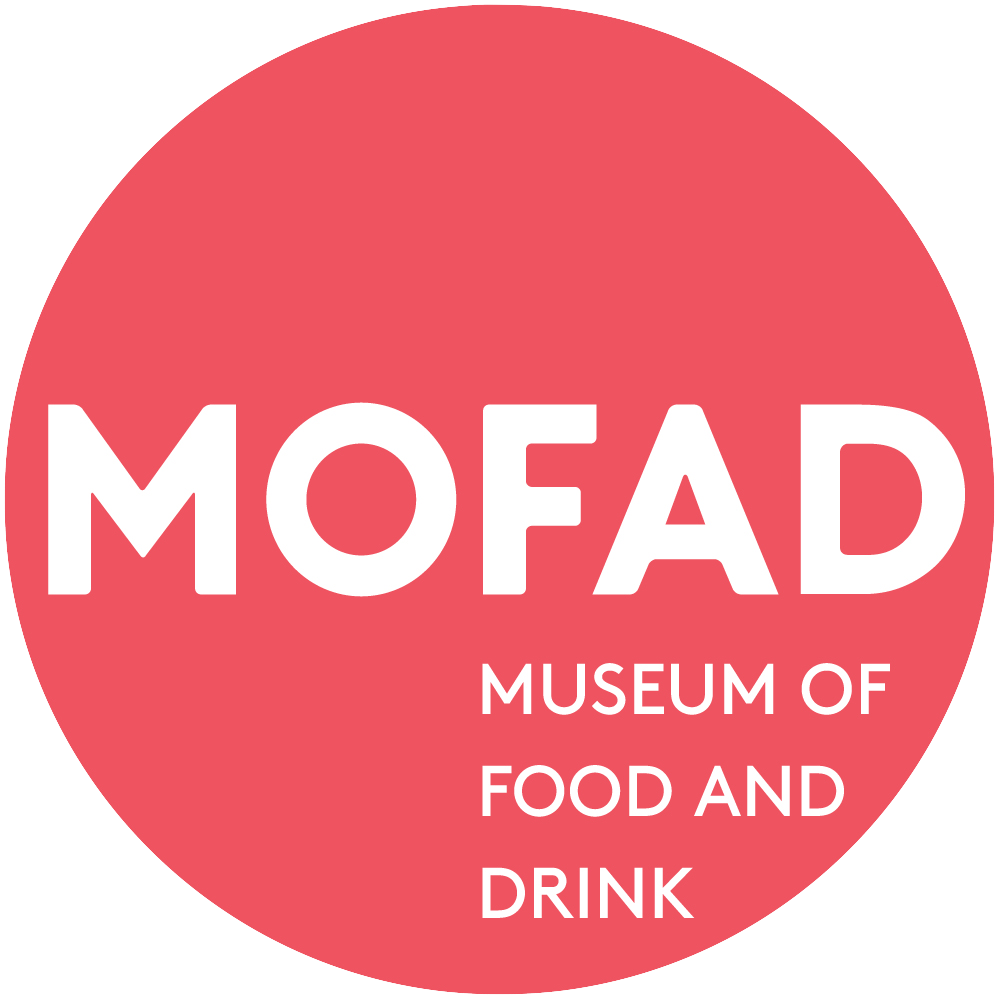Fruiting Bodies: An exploration of mushrooms through a decolonial lens is a three-part virtual series curated and moderated by journalist and writer Simran Sethi.
In this three-part virtual series, MOFAD pulls back the veil on mushrooms, and looks at evolving perceptions of mushrooms for food, drink, and health.
Our second event with Forij Mushrooms lead mycologist and production manager Jennifer Dou will look at the Asian history and culture of mushrooms and how contemporary use in the Global North often erases Global South connections.
JENNIFER DOU
Jennifer Dou is the Co-Founder and Lead Mycologist of Forij Mushrooms, a local cultivation supply and functional mushroom company. Jennifer is a biologist and fungi-lover, with a degree in microbiology and years of laboratory experience harvesting macrophage cells, performing cell culture work, and using CRISPR Cas9 technology. Soon, she discovered that the same mushrooms she found in the forest bore uncanny resemblance to the animal cells in her petri dishes. She has been cultivating mushrooms of all varieties ever since.
SIMRAN SETHI
Simran Sethi (she/her) is a multimedia journalist, academic, and consultant who’s endlessly curious about science, sustainability, and the people and places that nourish and heal us. Her current research as a visiting academic at PUFIN Centre at The Open University in Milton Keynes, UK, is focused on exploring ways to dismantle systems of oppression in support of the bio-cultural diversity of sacred plant medicines and the communities and lands that steward them.
Simran is the founder of the Asian Psychedelic Collective, an evolving space of belonging and support for Asians working with and in psychedelics. The effort is supported by her work as an inaugural Rhizome fellow with Culture Hack Labs (a not-for-profit consultancy supporting organizations, social movements, and activists to create cultural interventions for systems change). She is also a member of the first Fireside Project equity cohort, ensuring culturally-responsive peer support for psychedelic experiences and integration.
Named one of the “50 Most Influential Global Indians” by Vogue India and the “environmental messenger” by Vanity Fair, Simran has written for outlets including The New York Times, The Washington Post, National Geographic, Smithsonian, Guernica, and The Guardian; and serves as visiting faculty at John Cabot University in Rome, Italy. She was designated one of the top eight women saving the planet by Marie Claire, and is the author of Bread, Wine, Chocolate: The Slow Loss of Foods We Love—named one of the best food books of 2016 by Smithsonian—about the loss of biodiversity in food and agriculture told through bread, wine, chocolate, coffee, and beer. Simran is coauthor of Ethical Markets: Growing the Green Economy, winner of the 2008 Axiom Award for Best Business Ethics Book, and contributor to several anthologies, including Orion magazine’s Thirty-Year Plan.
Simran is a former contributor to National Public Radio, the creator and host of The Slow Melt podcast (named Editor’s Choice for Best Food Podcast by SAVEUR), and one of the first inductees into Heritage Radio Network’s Hall of Fame. She holds an M.B.A. in sustainable management from the Presidio Graduate School, the first accredited graduate program in the United States to focus on sustainability in business, and graduated cum laude with a B.A. in sociology and women’s studies from Smith College. In 2009, the College awarded her the Smith Medal.




